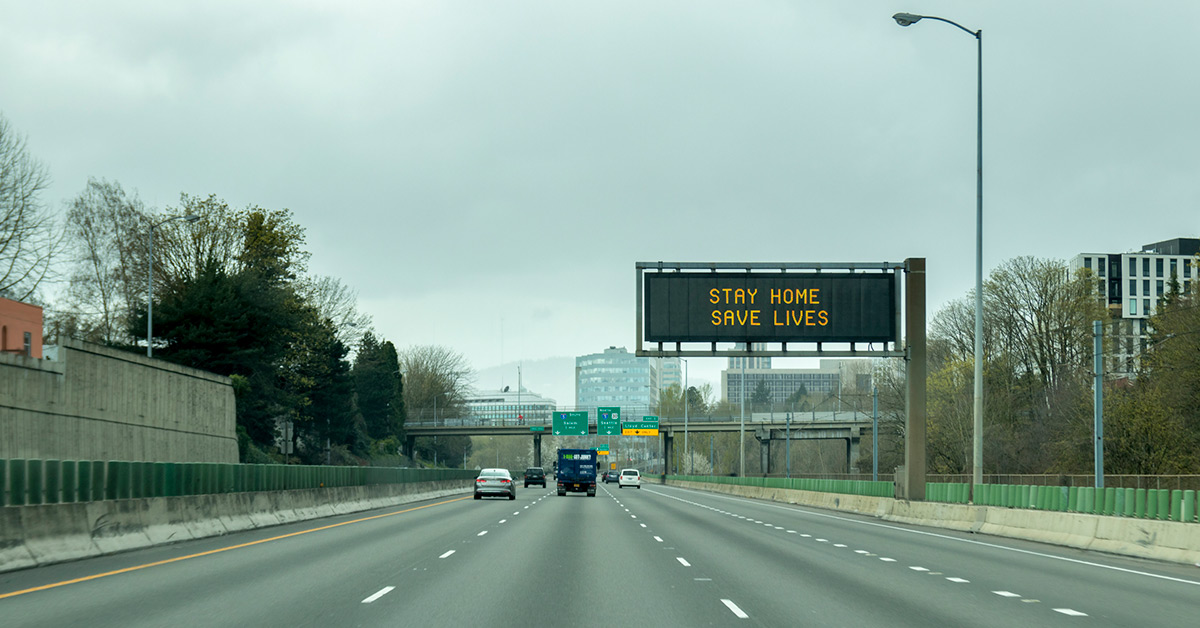In response to the COVID-19 pandemic, the United States instituted business closures, social distancing, and other policy measures to combat the spread of disease. School of Public Health researchers began studying how these measures further impact our environment, including changes in U.S. air pollution levels. Their findings were recently published in the journal Science of The Total Environment.

To gauge if there were changes in air quality brought on by the government’s COVID-19 response, the researchers started by examining pollution data for 122 counties from March 13 to April 21, 2020. They then compared those levels to the same dates and locations going back to 2017. The scientists specifically focused on measurements of fine particulate matter (PM2.5) and nitrogen dioxide (NO2), which are two major types of air pollution known to cause multiple health issues, including cardiovascular, respiratory, and neurological illness in people. The study team also examined differences in counties by urban-rural status and whether they had instituted business closures early, late or not at all.
The study found:
- NO2 declined 25.5% during the COVID-19 period compared to previous years. These declines were significant in all counties regardless of urban or rural status and whether counties closed businesses early;
- PM2.5 showed a marginal decline during the COVID-19 period across the country. However, in counties instituting early business closures, PM2.5 declined by 11.3% and in urban counties it declined by 4.7%.
The researchers said the decreases in NO2 are likely associated with reduced vehicular traffic from people working remotely and limited domestic travel. They also speculated that the PM2.5 levels didn’t drop significantly because fine particles are produced through a variety of industries — including food production, construction, and energy production — which remained operational during this period.
“It has been shown that high air pollution may play a role in exacerbating respiratory diseases, including the SARS outbreak in 2002,” says study lead author and Assistant Professor Jesse Berman. “But decreased air pollution and any potential benefits are likely fleeting as policies are relaxed. Another consideration is that in late-March, the EPA announced that it will temporarily stop enforcing air pollution regulations in response to the COVID-19 pandemic. Any lapse in regulatory compliance could potentially cause greater risk from air pollution to susceptible populations.”
The researchers say that although air pollution has temporarily improved, overall air quality is still at risk and protection rules need to be enforced. They also recommend performing additional research to determine the potential relationships between air pollution and COVID-19 as some studies show associations with increased prevalence and severity of the disease.

